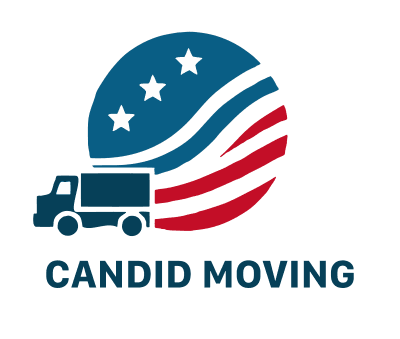When planning a move, one of the most important steps is obtaining and comparing moving quotes from different companies. However, understanding what’s included in these quotes and what might incur additional charges is crucial for making an informed decision. Here’s a comprehensive guide to help you navigate the process of comparing moving quotes.
1. Understanding the Basics of Moving Quotes
1.1. Types of Estimates:
- Binding Estimate: A fixed price based on the estimated weight or volume of your belongings. Even if the actual weight is more or less, the price remains the same.
- Non-Binding Estimate: An estimated price that can change based on the actual weight or volume of your belongings. The final cost might be higher or lower.
- Binding Not-to-Exceed Estimate: Also known as a "guaranteed not-to-exceed" estimate, this means the price won’t go above the quoted amount, but it could be less if the actual weight is lower.
2. What’s Typically Included in Moving Quotes
2.1. Basic Transportation Charges:
- The cost of transporting your belongings from your current home to your new home. This is usually calculated based on the weight or volume of your items and the distance of the move.
2.2. Labor Costs:
- Charges for the movers’ time to load, transport, and unload your items. This often includes packing services if specified in the quote.
2.3. Standard Insurance Coverage:
- Basic liability coverage is often included, which covers a certain amount per pound of your belongings (e.g., $0.60 per pound).
2.4. Fuel Surcharges:
- Additional costs for fuel, especially for long-distance moves.
2.5. Travel Fees:
- Charges for the time it takes the moving company to travel from their location to your home and back. This is common in local moves.
3. Common Extra Charges and Services
3.1. Packing Services:
- If you require the movers to pack your belongings, this service is usually extra. It includes the cost of labor and packing materials.
3.2. Packing Materials:
- Charges for boxes, bubble wrap, packing paper, and other materials. These might be included in the packing service or charged separately if you pack yourself.
3.3. Specialty Item Handling:
- Additional charges for moving specialty items like pianos, artwork, antiques, or large appliances. These items require special care and equipment.
3.4. Storage Fees:
- If you need temporary storage for your belongings, this service comes with extra costs. Charges can be daily, weekly, or monthly.
3.5. Insurance Upgrades:
- Full-value protection plans that cover the replacement value or repair cost of damaged items, as opposed to basic coverage.
3.6. Long Carry Fees:
- Extra charges if the movers have to carry your items a long distance from your home to the truck, such as in large apartment complexes.
3.7. Stair Fees:
- Additional fees for moving items up or down multiple flights of stairs.
3.8. Shuttle Service:
- If the moving truck can’t park close to your home, a smaller vehicle may be used to shuttle items between your home and the truck, incurring extra fees.
3.9. Disassembly and Reassembly:
- Costs for disassembling and reassembling furniture or large items that can’t be moved in one piece.
3.10. Additional Stops:
- Charges for making extra stops to pick up or drop off items at locations other than your primary residences.
4. How to Compare Moving Quotes Effectively
4.1. Request Detailed Estimates:
- Ask for a detailed breakdown of all costs and services included in the quote. This helps you understand what you’re paying for and identify any potential extra charges.
4.2. Match Volumes:
- Ensure that each moving company is quoting based on the same volume or weight of your belongings. This makes it easier to compare prices accurately.
4.3. Check for Hidden Fees:
- Inquire about any potential extra fees that might not be listed in the initial quote. Make sure to understand all possible charges before making a decision.
4.4. Ask About Discounts:
- Some companies offer discounts for specific circumstances, such as military service, senior citizens, or off-peak moving times. Always ask if you qualify for any discounts.
4.5. Read the Fine Print:
- Carefully read the terms and conditions of each quote. Pay attention to cancellation policies, payment terms, and any clauses that might affect the final cost.
4.6. Use Technology:
- Utilize virtual surveys and inventory apps provided by moving companies to get accurate quotes without needing an in-home visit.
Conclusion
Comparing moving quotes involves more than just looking at the final price. By understanding what’s included and what might incur extra charges, you can make an informed decision and choose the best moving company for your needs. For a seamless moving experience, consider getting a detailed quote from our site today and see how we can assist with your move!


